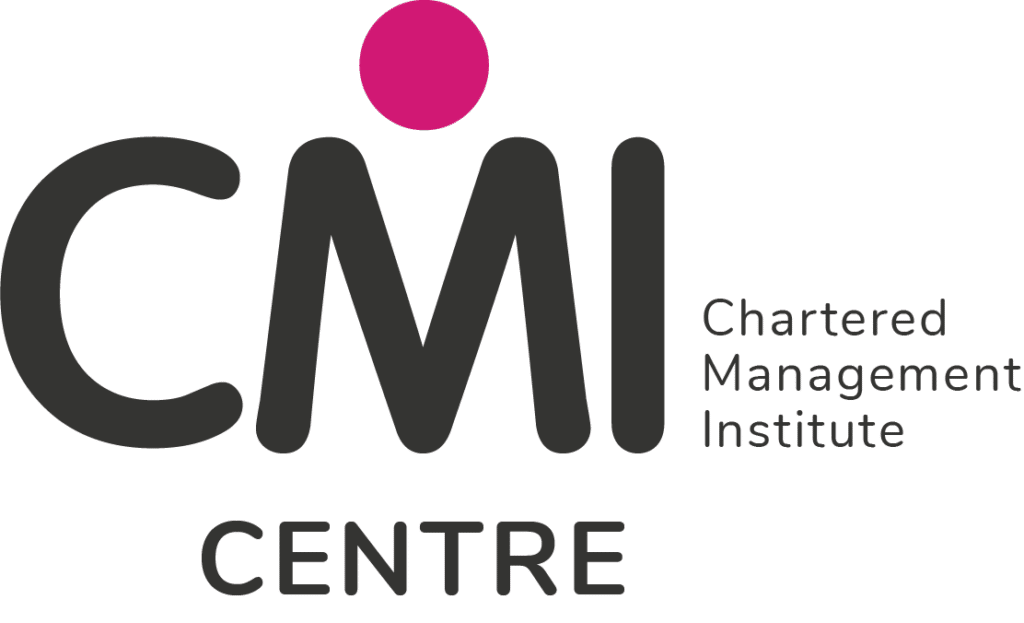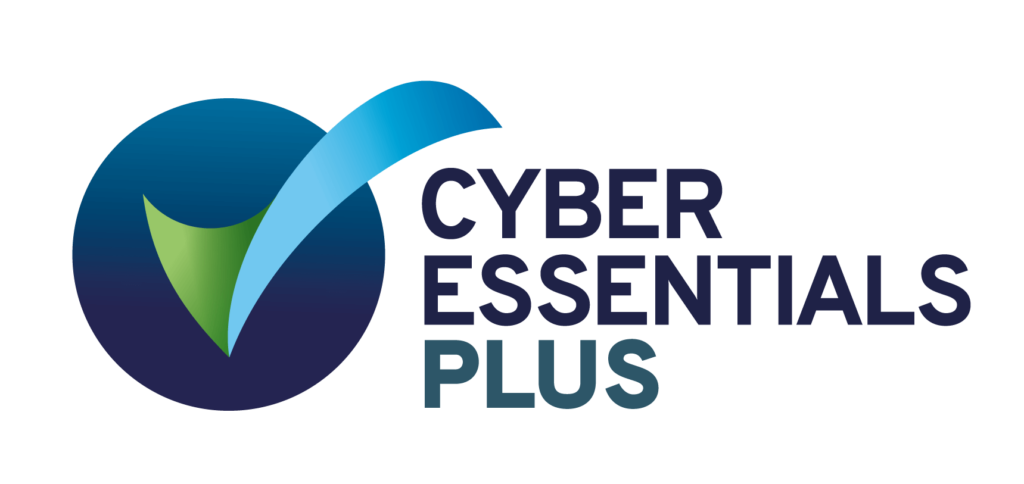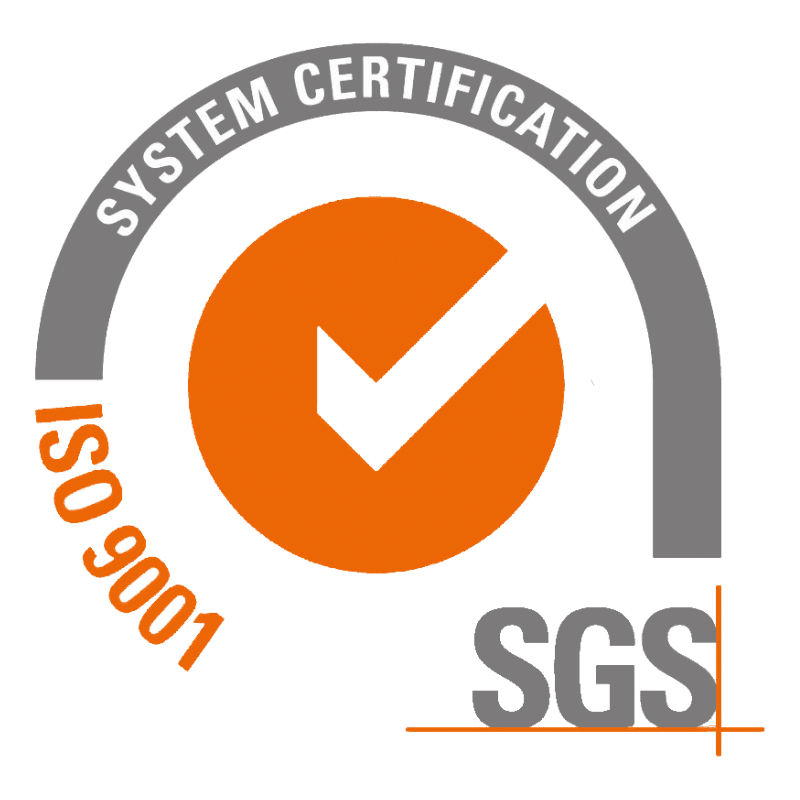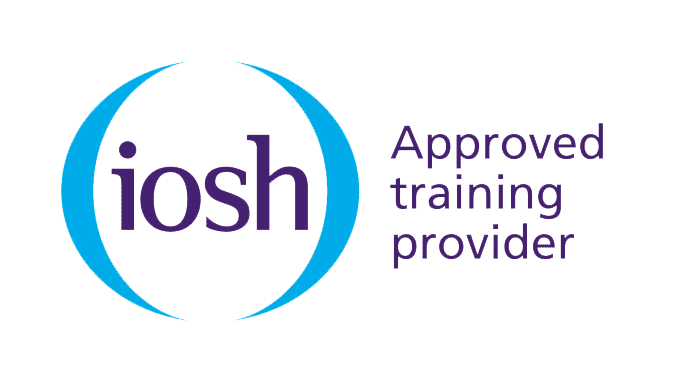Management and leadership have been impacted by the disruption and uncertainty of 2020. Even before that, however, they weren’t exactly easy roles and responsibilities. The knowledge, skills and behaviours required to manage successfully, i.e. maintaining a grip of one’s own personal responsibilities and being a leader to others, are tricky to define, difficult to acquire and harder to master.
There is, for example, the well-known phenomenon of the ‘accidental manager’, which highlights the struggles of someone rewarded for success and effort in a certain role and subsequently promoted to manage others in that role. Without the necessary development support to understand what good and bad management behaviours look like, these people can fall into traps. These can range from micro management, where they stifle their teams, or drop-down management, where they stay in their comfort zone of doing everything from their previous role, rather than delegating and empowering others.
In stepping up to management, there is also debate around exactly which, and how many, skills a manager needs to be successful – is it six steps? seven keys? eight habits? One thing is for sure: managing remotely and/or managing a dispersed team calls on all of these skills and, with a few additions, puts them to use in a complex context.
Our skills list in support of remote management is by no means exhaustive, but it is pragmatic. It is based on our experience of supporting companies of various shapes, sizes and complexities with their management development challenges over the past 8 months. We have identified five core skills that remote managers and leaders need in order to maximise the efficiency and effectiveness of their teams and reports. There is, naturally, a crossover with the core competencies required by all managers.
Creating (and disseminating) a coherent vision

All managers must be able to create and sustain a common, coherent vision for their team to help drive motivation and support the successful delivery of service outcomes. Doing that via the digital environment of virtual meetings and emails is different, however, to a physical office where everyone walks under the same logo above the front door, past the same mission statement on a corridor wall and is just one team in an office working towards the same goal.
Remote managers must find ways of embodying and reinforcing the organisation’s vision, values and goals in the day-to-day, as well as regularly assessing how well the team understands them. The latter is particularly relevant in the current climate of uncertainty and unpredictability. It could be beneficial for managers to provide regular organisational news updates or collect and share updates and information from the other business units, so their team doesn’t feel isolated. It could even be something as simple as making sure everyone’s home office is fully replenished with branded stationary.
Establishing a strong and productive relationship between team members is important for any manager. Doing these things in a remote team, however, means ensuring team members are regularly collaborating and communicating, and monitoring these activities too. Remote managers must cast a wide net over the various platforms and channels supporting team working and reporting, not in order to spy on individuals or micro-manage their workload, but to take the pulse of the team dynamic as well as tracing progress towards the achievement of team and individual outcomes.
Team dynamics: assessment, awareness and building trust

There are clear and important trust implications here, so the remote manager must be skilled at building this relationship with all the team members directly, as well as fostering it between all team members. This ensures that honest assessments of the team dynamic are reported back accurately and a falsely positive (or negative) picture of day-to-day operations and outcomes isn’t drawn. How could virtual team building sessions work? What replaces the informal bonding of the daily coffee break chat, the Wednesday morning pastries, or the Friday evening drink?
A virtual coaching approach

Coaching for both long-term development and shorter-term performance is a crucial tool in the toolbox of the modern manager. Coaching conversations have the power to remind people that they are not alone with their challenges or problems and that their concerns are important and acknowledged, whilst simultaneously empowering them to take ownership of their challenges and responsibility for their actions.
Again, webcams and microphones will need to replace face-to-face conversations, with emphasis placed on recreating the essential active listening required. Managers must be skilled and equipped to deploy virtual coaching techniques wisely, particularly when overall interaction time might be lower. Coaching experts often refer to the ‘coaching hat’ that workplace coaches must ‘put on’ in place of their ‘manager hat’. When all communication takes place virtually, the remote managers’ choice of headwear becomes all the more important.
Listening, writing and oral communication

No-one can manage effectively without being able to communicate. So, when the core skills of listening to understand and speaking to engage are always conducted and enabled by technology, they take on different subtleties that can create major pitfalls.
It might come somewhat naturally to communicate well in the office – particularly when it takes the organic form of relevant knowledge, information or advice whenever there’s something to say. But, when managing remotely, communication needs to be prioritised, managed and planned. It may be structured into regular chunks, such as a morning virtual meeting, the nominated times in the day earmarked for clearing your email inbox, or a social catch up to ensure staff wellbeing. A different approach and style of management is likely to be required. Being a great communicator around the coffee machine or conference table is very different to getting your message across via a laptop on a coffee table.
The remote manager needs to put more thought into planning and delivery of communications to ensure engaging and informative presentations and briefings that don’t lead to microphones being muted, webcams being shut off and mobile phones being pulled out, unseen. They must be careful to ensure that the informal quips that make them a popular team leader in the open-plan office, when delivered over email or video, aren’t being misinterpreted and causing offence or demotivation.
Understanding and implementing technology

Effective team meetings in the physical office are planned and structured to be highly interactive, with roundtable discussions involving everyone and an environment fostered where no-one should be afraid to speak up. When these are transferred to the virtual environment, remote managers must not fall into the trap of virtual meetings becoming one-way broadcasts. They must get themselves up to speed with the technology available to them (or that the company provides) and how they can use the features and functionality within it to achieve their planned communication goals, engage with everyone, and also pick up enough information to assess individual strengths and take the pulse of the team dynamic.
Some workers will inevitably have more difficulty with the technology than others, and this can lead to feelings of isolation or frustration. Others may use the remote office to shy away from interpersonal interactions, and may not feel like they can express themselves properly via virtual methods. Effective remote managers must know how to get through to these individuals, whether that is taking the time to engage or help them with the technology, or finding a technology-enabled solution that allows them to contribute as they would in the office.
So, in summary, in response to the challenge of remote management, the skills above should be reflected upon and reviewed for action. Additionally, it might be beneficial to consider:
• What are the implications on the required skillset that managers and leaders should be striving for? What are your strengths and gaps?
• What training and development do those with new or existing remote management responsibilities need:-
• Does the existing training on offer address the challenges remote managers and remote teams are currently facing?
• Are people able to access training and associated learning resources in ways that match with how they are currently working?
What is your plan to do something about it?
Eliesha is an experienced learning solutions consultancy. We pride ourselves on designing and delivering bespoke solutions to solve specific organisational development challenges. However, we also have an extensive range of pre-designed learning solutions ready to be rolled out at a moment’s notice.
If you think we can help your remote managers and leaders to be more effective and confident in their work, or help your organisation tackle any of the other challenges that this year has brought about, then use the link below to send us an email, or fill out an enquiry form here.








